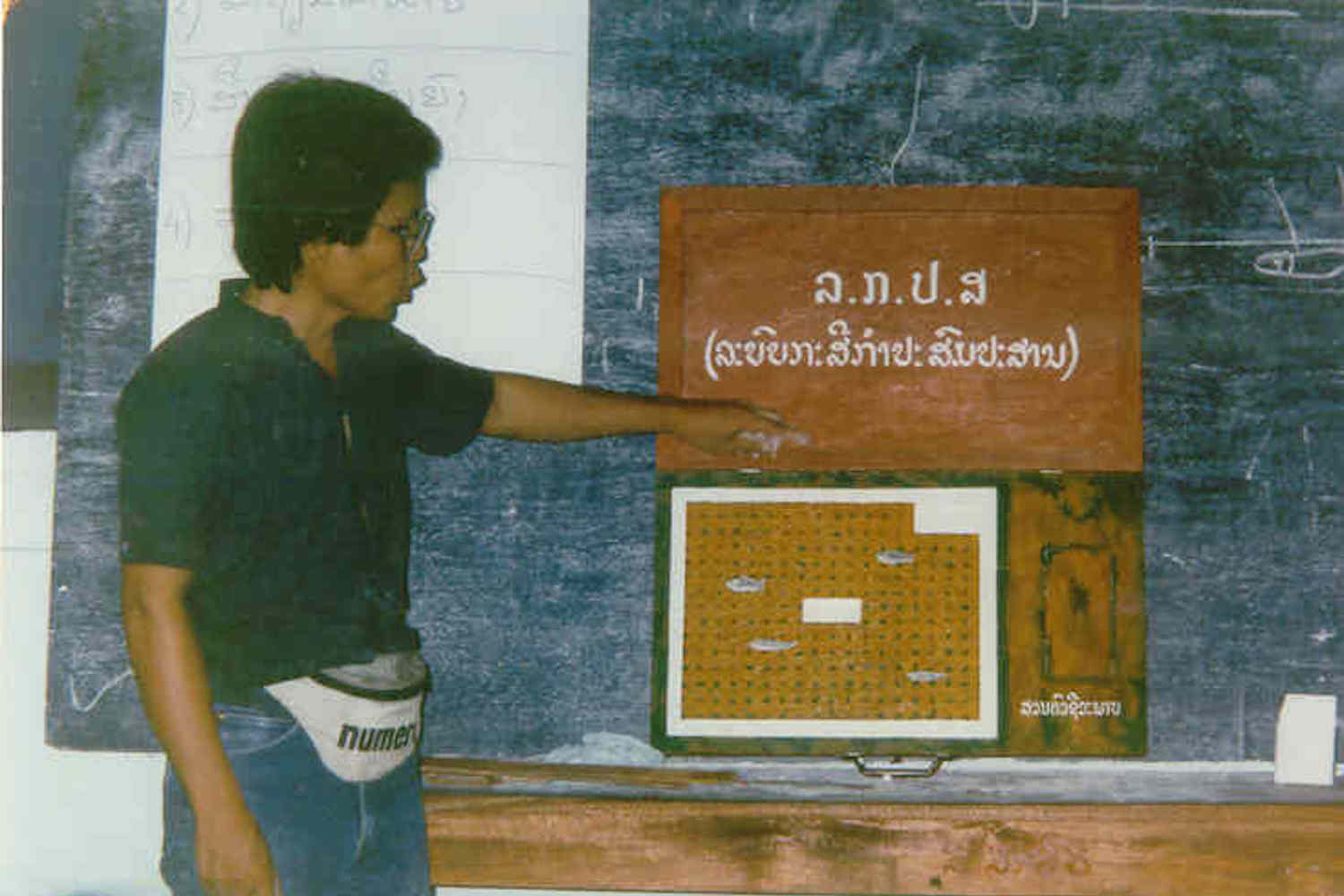[et_pb_section bb_built=”1″ _builder_version=”3.0.67″][et_pb_row use_custom_gutter=”on” gutter_width=”2″ background_position_1=”top_left” background_position_2=”top_left” background_repeat_1=”no-repeat” background_repeat_2=”no-repeat” _builder_version=”3.0.67″][et_pb_column type=”1_3″][et_pb_text _builder_version=”3.0.76″ text_font_size=”20″ header_font_size=”75px” background_layout=”light” border_style=”solid” module_alignment=”left”]
170
out of
180
Laos’ ranking in Reporters Without Borders‘ 2017 “World Press Freedom Index”
[/et_pb_text][et_pb_text _builder_version=”3.0.76″ custom_padding=”20px|||” background_layout=”light” text_orientation=”left” border_style=”solid” module_alignment=”left”]
Note: This is another in a series of posts on “Laos by the numbers.”
Feedback and suggestions are welcome.
[/et_pb_text][/et_pb_column][et_pb_column type=”2_3″][et_pb_text _builder_version=”3.0.76″ background_layout=”light” border_style=”solid” module_alignment=”left”]

Reporters without Borders ranks the Lao PDR almost at the bottom of its World Press Freedom Index, with a score of 66.41. Norway ranks at the top of the list with 7.60, and North Korea at the bottom with 84.98.
The criteria evaluated in the questionnaire are pluralism, media independence, media environment and self-censorship, legislative framework, transparency, and the quality of the infrastructure that supports the production of news and information.
In 2016, Laos’ ranking was 173rd, and its score 71.58. When the index was first compiled in 2002, its score was 89.00. This rose to 92.00 in 2009 and has been gradually decreasing since then.
Vietnam and China’s ranks (and scores) are somewhat lower at 175th (73.96) and 176th (77.66) respectively. Thailand ranks at 142nd (44.69), Cambodia at 132nd (42.07) and Myanmar at 131st (41.82). Southeast Asia’s highest ranking goes to Indonesia at 124th (39.93),
Reporters without Borders gives the following description of press freedom in Laos:
The Lao People’s Revolutionary Party (LPRP) exercises absolute control over the media. Increasingly aware of the restrictions imposed on the official media and their self-censorship, Laotians are turning to social media. However, the boom in online news and information platforms is threatened by a 2014 decree under which Internet users who criticize the government and the Marxist-Leninist LPRP can be jailed. Only three of the 40 or so TV channels are privately-owned, which falls far short of addressing the lack of media pluralism in Laos. A decree by the Prime Minister that took effect in January 2016 allows foreign media to set up office in Laos on condition that they submit their content to LPRP censorship.
[/et_pb_text][et_pb_comments _builder_version=”3.0.67″ show_avatar=”off” show_reply=”on” show_count=”on” background_layout=”light” border_style=”solid” custom_button=”off” button_letter_spacing=”0″ button_icon_placement=”right” button_letter_spacing_hover=”0″ /][/et_pb_column][/et_pb_row][/et_pb_section]

